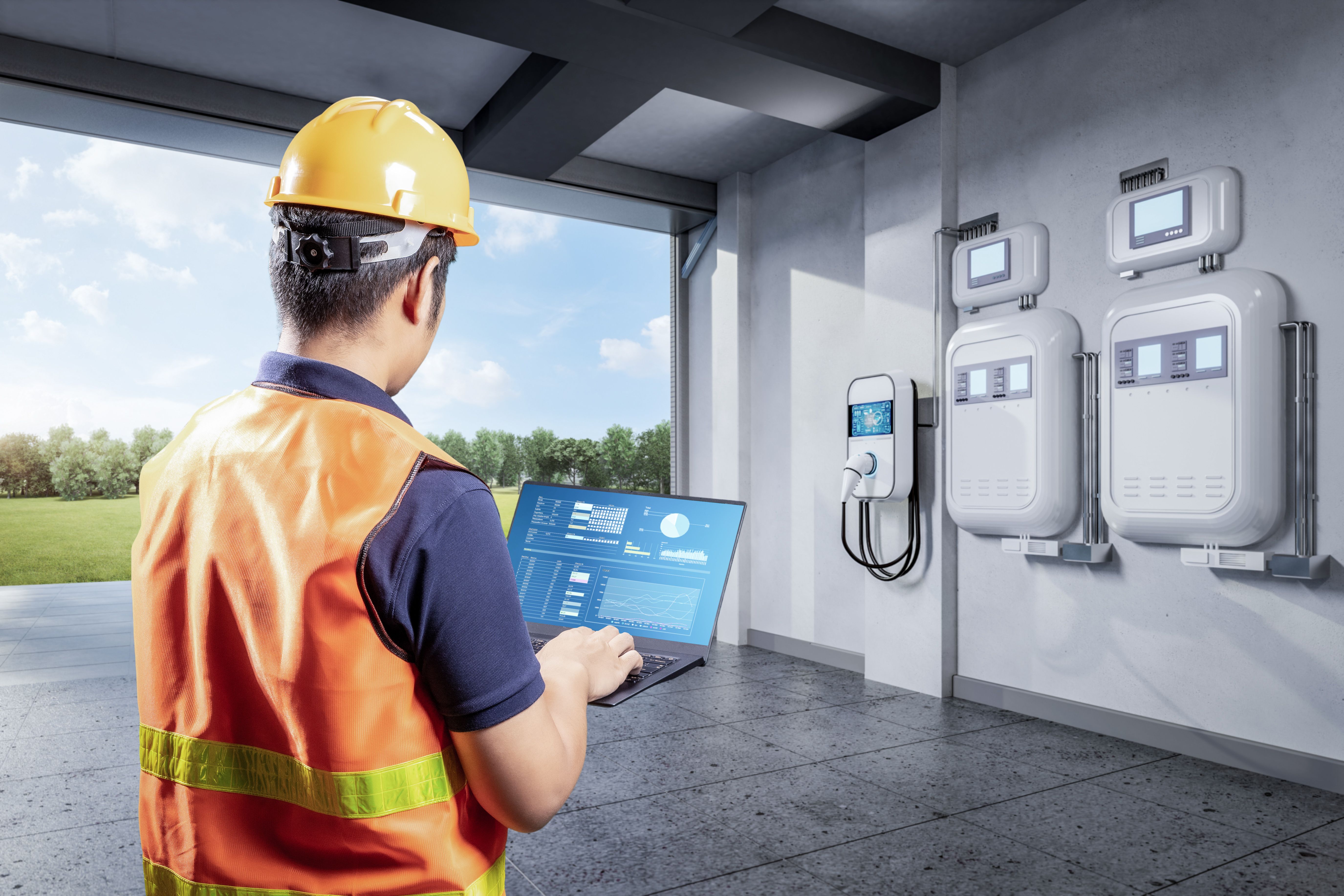Embracing Sustainability: The Advantages of EV Chargers and BESS in Development Projects
Embracing Sustainability in Development Projects
As the world continues to grapple with environmental challenges, the construction and development sectors are increasingly turning towards sustainable solutions. Among these, the integration of Electric Vehicle (EV) chargers and Battery Energy Storage Systems (BESS) into development projects stands out as a forward-thinking approach. These technologies not only contribute to a greener future but also offer several practical advantages for developers and end-users alike.

The Growing Importance of EV Chargers
With the steady rise in electric vehicle adoption, the demand for EV chargers has surged. Incorporating EV charging stations into development projects is becoming essential. These chargers provide a critical infrastructure that supports the transition to electric mobility. For developers, installing EV chargers can enhance property value, attract environmentally conscious tenants or buyers, and help meet regulatory requirements.
Furthermore, offering EV charging capabilities can significantly improve the marketability of residential and commercial properties. As consumers become more eco-aware, having access to convenient charging options can be a decisive factor in their buying or leasing decisions. This trend is expected to continue, making EV chargers a vital component of modern development projects.
Understanding Battery Energy Storage Systems (BESS)
BESS plays a crucial role in managing energy consumption and optimizing the efficiency of renewable energy sources like solar and wind. By storing excess energy produced during peak times, BESS ensures a steady power supply even when generation is low. This capability is particularly beneficial for development projects that aim for energy independence and cost savings.

For developers, integrating BESS can lead to substantial reductions in energy costs. It provides an opportunity to store energy when prices are low and utilize it during high-demand periods, effectively managing energy expenses. Moreover, BESS can help mitigate the impact of power outages, ensuring uninterrupted operations for businesses and residential complexes.
Environmental and Economic Benefits
The integration of EV chargers and BESS not only supports environmental sustainability but also offers significant economic benefits. By reducing reliance on fossil fuels and improving energy efficiency, these technologies contribute to lowering carbon footprints. Additionally, they can enhance energy resilience, reducing vulnerability to fluctuating energy markets and supply disruptions.

From an economic perspective, these systems can lead to long-term savings. Initial investments in EV chargers and BESS are often offset by the reduction in energy costs over time. Government incentives and grants for sustainable development projects can further alleviate upfront expenses, making these technologies more accessible for developers.
Future-Proofing Development Projects
Embracing EV chargers and BESS is not only about addressing current environmental challenges; it’s also about future-proofing development projects. As regulations become stricter and consumer expectations shift towards sustainability, having these technologies in place ensures that properties remain competitive in the market.
Developers who prioritize sustainability are likely to see increased demand for their projects. This shift towards greener practices positions them as leaders in the industry, attracting attention from investors and stakeholders who value environmental responsibility.
Conclusion
The adoption of EV chargers and BESS in development projects represents a significant step towards achieving sustainability goals. By embracing these technologies, developers not only contribute to a healthier planet but also gain a competitive edge in the market. As we move towards a more sustainable future, integrating such solutions will become increasingly critical for successful development projects.